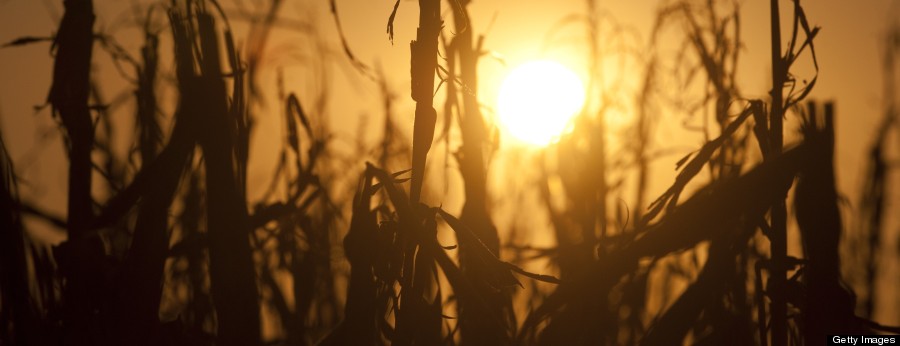In the U.S., climate change means that allergies are getting worse as pollen counts increase, and some of your favorite foods -- from apples to oysters to coffee and wine -- are also in jeopardy. Warmer winters in northern latitudes also mean worsening conditions for outdoor sports like hockey, dog sled racing and skiing. There is also increased pressure on an already fragile water supply.
On a global level, sea level rise poses an existential threat to low-lying nations in the Pacific, while in Africa, climate change is making droughts and deadly famines more likely.
Dramatic change is already evident in the Arctic. After record sea ice melt in 2012, NOAA research shows that the Arctic will see ice-free summers by 2050, if not within the next decade or two. It has been suggested that "what happens in the Arctic doesn’t stay in the Arctic," and melting there may contribute to more extreme weather at moderate latitudes.
Scientists are nearly unanimous in their findings that climate change is both real and manmade. Research has shown that current human activities, like the burning of fossil fuels, are inevitably going to cause atmospheric warming and sea level rise for at least another 1,000 years.
International leaders have stressed the imperative to address climate change and warned that the global development of low-carbon energy may be happening too slowly.
Original Article
Source: huffingtonpost.com
Author: James Gerken

No comments:
Post a Comment